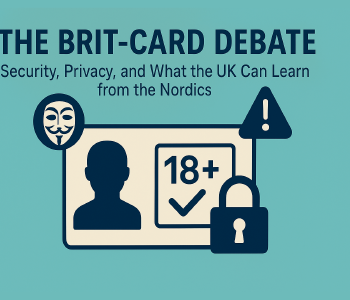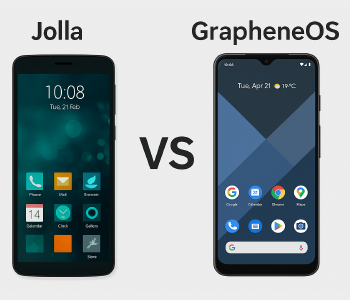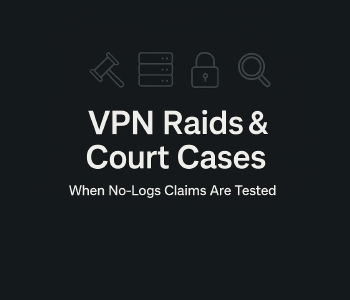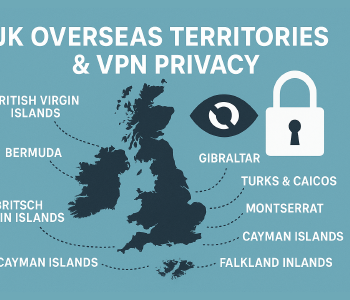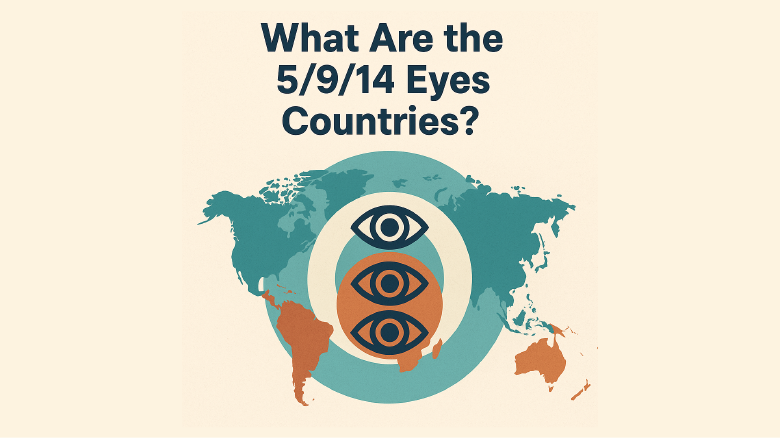
What Are the 5/9/14 Eyes Countries?
If you’re researching VPNs or reading up on privacy, you’ve probably come across mentions of the 5 Eyes, 9 Eyes, or 14 Eyes alliances. They sound mysterious — almost like something from a spy novel. But they’re very real, and they can have a big impact on your online privacy.
So what are they? Which countries are involved? And why does this matter when choosing a VPN or a cloud service? Let’s break it down.
👁 What Are the “Eyes” Alliances?
The 5, 9, and 14 Eyes are international intelligence-sharing agreements. These countries have agreed to collect and share surveillance data with each other — often without much transparency or oversight.
The alliances started as a post–World War II agreement between the US and UK, but over time, more countries joined. The goal was to help each other track threats, share signals intelligence (aka spying), and improve national security. But now, it affects regular people — especially those concerned about mass surveillance, data privacy, or government overreach.
🌍 Who’s in Each Group?
Here’s how the alliances break down:
🕵️ 5 Eyes
These are the founding members:
- United States
- United Kingdom
- Canada
- Australia
- New Zealand
These five countries have the closest intelligence relationship. They share almost everything — intercepted phone calls, emails, internet traffic, satellite data, and more.
🕵️🕵️ 9 Eyes
Add these four countries to the above list:
- France
- Netherlands
- Norway
- Denmark
They have slightly looser ties but still cooperate closely on surveillance. They may not share everything, but they’re part of joint operations and data-sharing networks.
🕵️🕵️🕵️ 14 Eyes
Add these five more:
- Germany
- Belgium
- Italy
- Spain
- Sweden
This is the broadest group. Think of it as a secondary circle — involved in intelligence cooperation, but not always to the same extent as the 5 Eyes.
🔍 Why Does This Matter for Your Privacy?
Here’s the big issue: if you’re using a VPN, email service, or cloud storage based in one of these countries, your data could be at risk of being collected or shared between governments.
Let’s say your VPN provider is based in the US. Even if that VPN claims to keep no logs (which is good), it could still be forced by a court or agency to start logging — and not tell you. If you’re in another Eyes country, that info could be passed along to your government too.
And that’s not just a conspiracy theory. Past leaks — like those from Edward Snowden — showed exactly how much governments are willing to collect and share behind closed doors.
🛡 So Should You Avoid VPNs in 5/9/14 Eyes Countries?
Not always — but you should be cautious. If privacy is your top concern (say, you’re a journalist, activist, or just really value your anonymity), then it makes sense to choose a VPN based outside these alliances.
Good VPN providers in Eyes countries can still protect you — especially if:
- Their no-logs policy has been independently audited
- Their apps are open-source
- They’re transparent about past data requests
But if you want to avoid risk entirely, consider VPNs based in Switzerland, Panama, or Iceland — countries with strong privacy laws and no involvement in surveillance alliances.
🧠 Eyes Alliance Myths: What’s True and What’s Not?
Let’s clear up a few common questions:
💬 “If I use a VPN in an Eyes country, my data is definitely compromised.”
Not quite. The risk is higher, but not guaranteed. Many top VPNs (like ExpressVPN or Private Internet Access) are based in Eyes countries but have a solid track record, no real logs, and have passed multiple audits.
💬 “VPNs based outside Eyes countries are always safer.”
It depends. A shady VPN in Panama is still shady. Look at transparency, audits, ownership, and how they’ve responded to legal requests — not just location.
💬 “All Eyes countries spy on each other’s citizens.”
In theory, yes — that’s part of how the alliance works. One country might monitor citizens from another, then share that data back, avoiding their own legal limitations. That’s a big reason privacy advocates raise red flags.
🔐 What Should I Do About It?
Here’s the bottom line: where your VPN is based matters — but it’s not everything.
Use this as a checklist:
- ✅ Is the VPN outside 14 Eyes? (Great, but not a dealbreaker)
- ✅ Has it passed a no-logs audit? (Essential)
- ✅ Are its apps open-source? (Big plus)
- ✅ Does it have a history of protecting user data in court or under pressure? (Important)
- ✅ Does it offer anonymous payment methods? (Bitcoin, cash, etc.)
If the VPN checks all of those boxes, it’s probably a strong choice — even if it’s based in a 5 Eyes country.
🧭 Final Thought
You don’t need to be a spy to care about the Eyes alliances. If you’re using a VPN to protect your identity, avoid tracking, or secure your traffic on public Wi-Fi, then knowing who your VPN has to answer to makes a difference.
We’re not saying you need to flee from every US or UK-based service. But if privacy is why you’re getting a VPN in the first place, it’s worth knowing which countries are watching — and which ones are sharing what they see.



